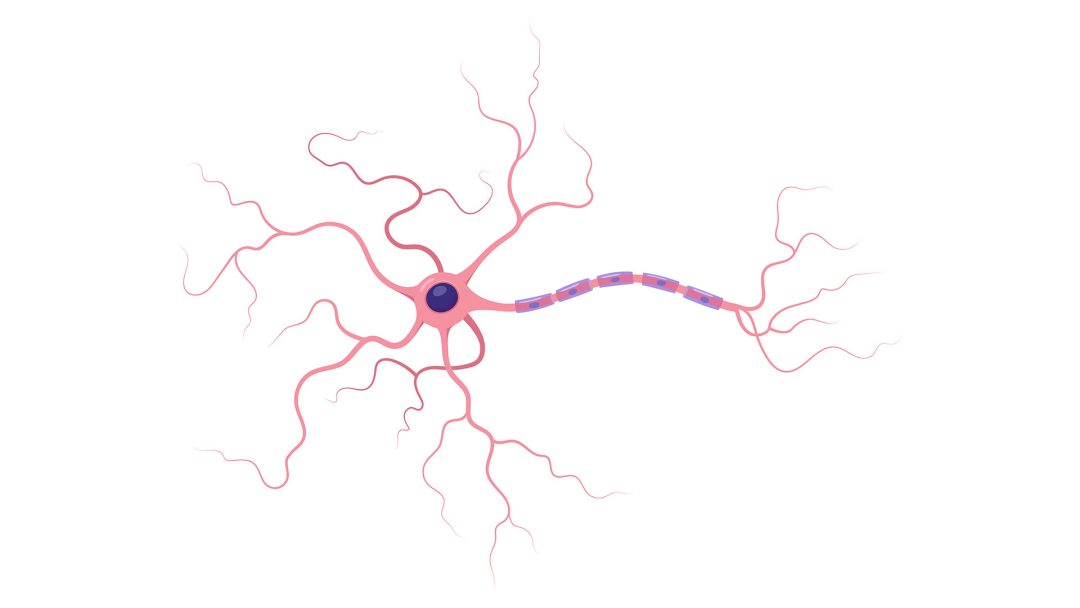Guillain-Barré Syndrome (GBS)

Guillain-Barré syndrome (GBS) is a rare but serious neurological disorder that can occur suddenly. It is an autoimmune disease in which the immune system mistakenly attacks the myelin proteins of nerve cells. The exact cause is not fully understood, but it is believed that certain infectious diseases, such as those caused by Campylobacter jejuni or other parasites, as well as environmental factors, may play a role.
Symptoms of Guillain-Barré Syndrome
Symptoms of GBS include bilateral (on both sides), progressive flaccid paralysis that can spread from the feet upwards over days to weeks. Facial paralysis and sensory disturbances are also common. In severe cases, breathing may also be affected, and autonomic symptoms may occur (blood pressure fluctuations, cardiac arrhythmias, constipation).
Diagnosis and Treatment of Guillain-Barré Syndrome
Key diagnostic methods include cerebrospinal fluid analysis, thorough neurological examinations, and nerve conduction studies. Early diagnosis is crucial to minimize potential complications and improve recovery chances. Conventional therapy focuses on stabilizing the condition, supporting respiration, and rehabilitation, including physiotherapy to partially restore muscle function. In holistic medicine, there is also a focus on dietary changes, intestinal cleansing, and detoxification measures. In cases of infectious origin, therapy with antibiotic agents or antiparasitic drugs may be indicated. Additionally, intravenous immunoglobulins or INUSpheresis may be used to modulate the immune system and improve the course of the disease.
Complications of Guillain-Barré Syndrome
Permanent autoimmune damage in Guillain-Barré syndrome can lead to complications such as:
- Fatigue and exhaustion
- Muscle weakness
- Digestive problems
- Gait disturbances
- Neural symptoms such as numbness, tingling, and nerve pain
Initiating therapy early is always important to prevent permanent complications.
Med. pract. Dana Hreus M.A.
In Guillain-Barré syndrome, symptomatic approaches should be combined with causative methods. Thorough diagnosis is crucial before starting therapy.

Further information
The information listed contains relevant topics and serves to improve understanding.